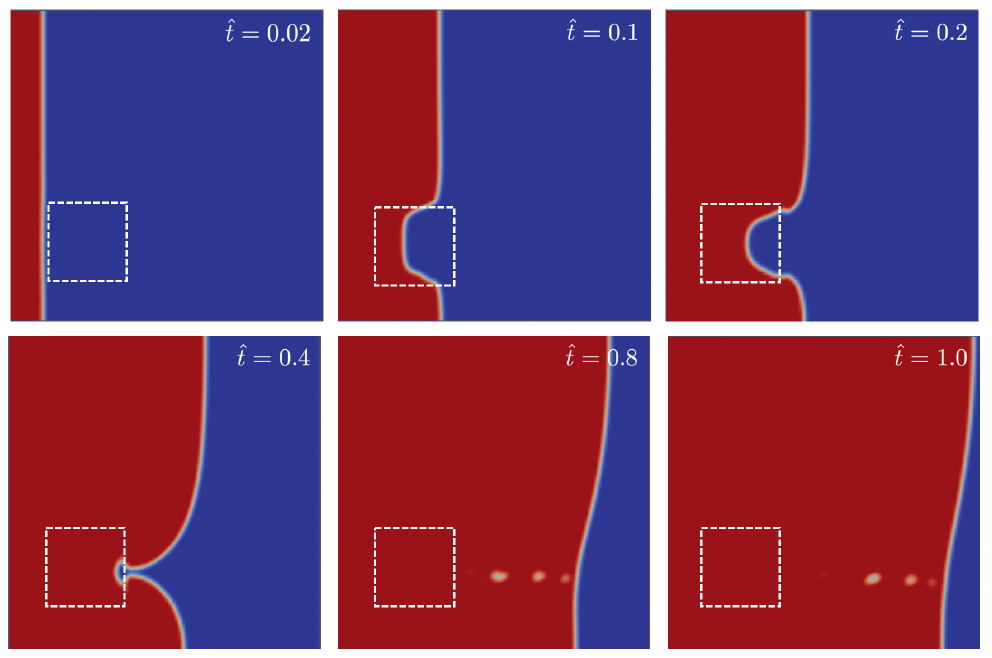2B: Machine learning methods to detect flow disturbances in liquid moulding of composites
Abstract
In this work, a supervised machine learning (ML) model was developed to detect flow disturbances caused by the presence of a dissimilar material region in liquid moulding manufacturing of composites. The machine learning model was designed to predict the position, size and relative permeability of an embedded rectangular dissimilar material region through use of only the signals corresponding to an array of pressure sensors evenly distributed on the mould surface. A regression model based on the use of convolutional neural networks (CNN) was developed and trained with data generated from mould filling simulations carried out through use of OpenFoam as numerical solver. The evolution of the pressure sensors through the filling time was stored and used as grey-level images containing information regarding the pressure, the sensor location within the mould and filling time. The trained CNN model was able to recognise the presence of a dissimilar material region from the data used as inputs, yielding reasonable accuracy in terms of detection. Accuracy and model robustness were also addressed in the paper. The ability of ML models to examine and overcome complex physical and engineering problems such as defects produced during manufacturing of materials and parts is particularly innovative and highly aligned with Industry 4.0 concepts [1,2].

Figure 1: Snapshots of the flow progress through a squared RTM mould containing a square region with relative permeability of b=0.1.
References
[1] C. González, J.J. Vilatela, J.M. Molina-Aldareguía, C.S. Lopes, and J. LLorca. Structural composites for multifunctional applications: Current challenges and future trends. Progress in Materials Science, 89:194, 251, 2017.
[2] Nihad A. Siddig, Christophe Binetruy, Elena Syerko, Pavel Simacek, and Suresh Advani. A newmethodology for race-tracking detection and criticality in resin transfer molding process using pressure sensors. Journal of Composite Materials, 52 (29):4087-4103, 2018.
Speakers
Prof. Carlos González
IMDEA, Spain